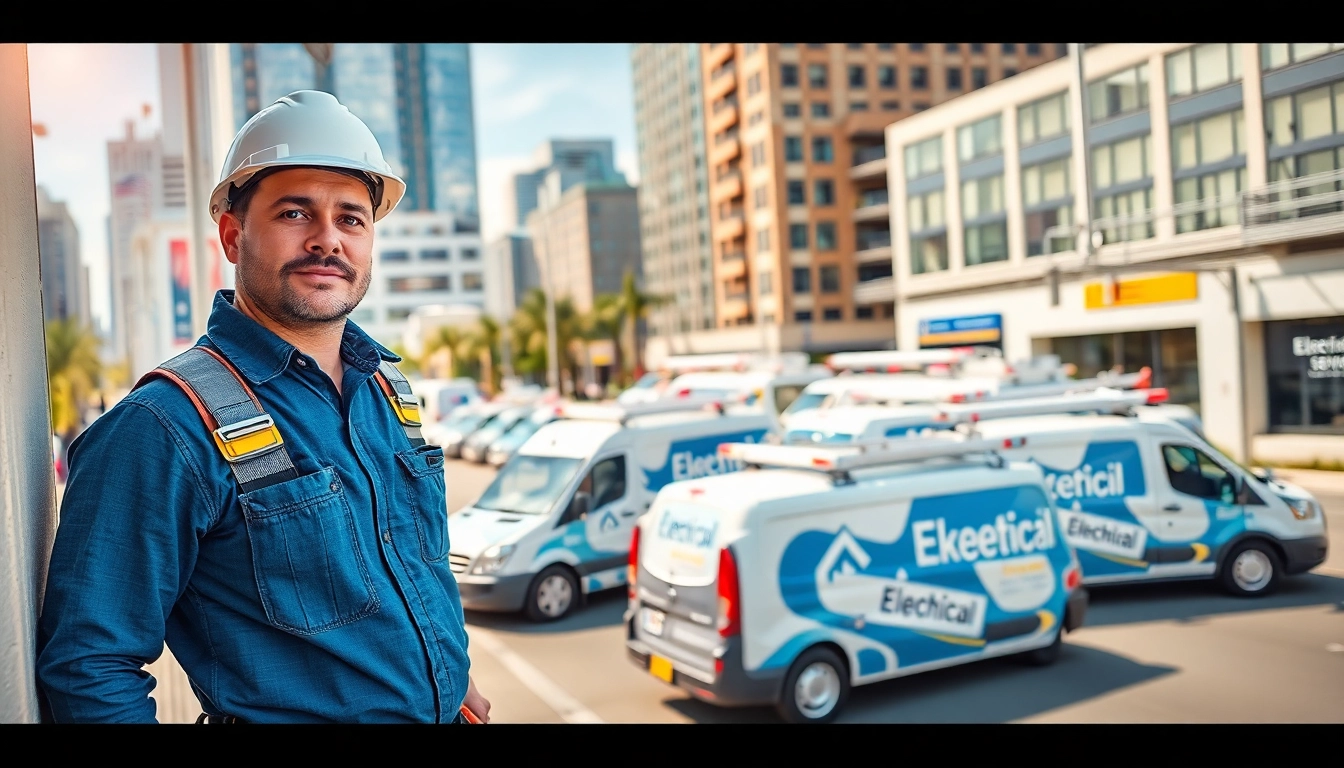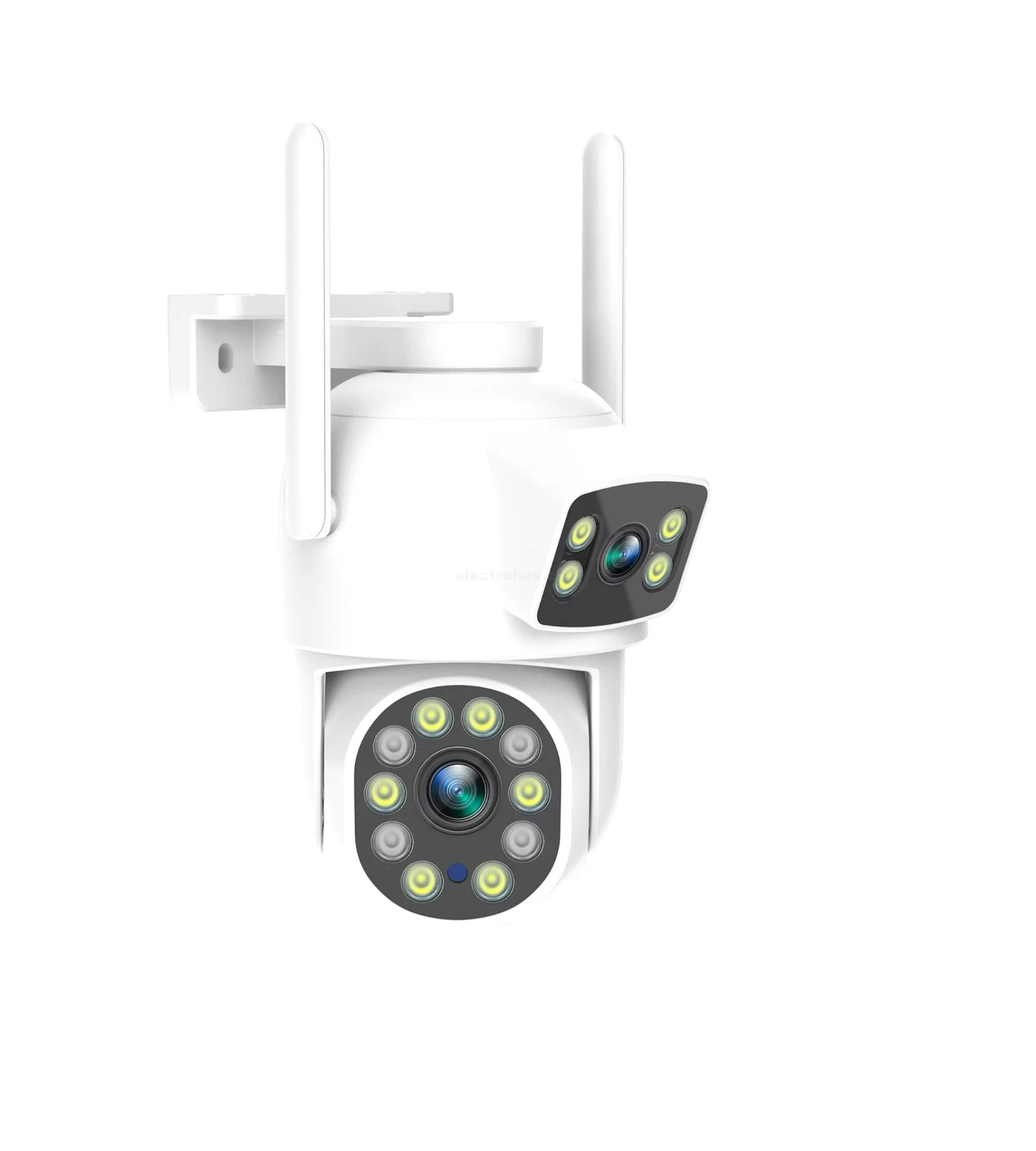In the age of online tutorials and weekend home projects, many homeowners feel confident tackling basic repairs on their own. While DIY can save money and provide a sense of accomplishment, it’s crucial to know where to draw the line—especially with electricity. Some issues require the skill and safety protocols of a professional Electrician. This guide will help you decide when it’s safe to handle an issue yourself and when it’s time to call an electrician.
DIY Electrical Tasks That Are Generally Safe
Certain minor electrical tasks are safe for confident homeowners—if they follow precautions and know the risks.
Replacing Light Bulbs or Covers
These are simple fixes that don’t involve exposure to wiring or live current. No electrician is needed for swapping out bulbs or screwing on a light fixture cover.
Resetting Tripped Breakers
If a circuit trips, resetting the breaker in your panel is a common and safe DIY fix. However, if it keeps tripping, an electrician should investigate the underlying cause.
Installing Battery-Powered Devices
Installing smoke detectors or battery-operated lights is safe for DIY. Anything that doesn’t tie into your home’s wiring likely doesn’t require a professional electrician.
Gray Areas: Proceed With Caution
Some tasks might seem simple but carry hidden risks. These jobs might be DIY-friendly for some, but calling an electrician is often the smarter choice.
Replacing Light Fixtures or Ceiling Fans
Although many homeowners attempt these tasks, working with ceiling wiring can be tricky. If you’re not sure how to connect wires properly or deal with a junction box, it’s safer to let an electrician handle it.
Installing a Dimmer Switch
While this seems minor, incorrect wiring or overloading a dimmer can cause electrical failure or fire hazards. If you’re uncertain, call an electrician.
Adding New Outlets
This involves cutting into drywall and tying into your electrical system. Mistakes can lead to dangerous wiring configurations. Hiring an electrician ensures everything is code-compliant and safe.
When to Call an Electrician Without Hesitation
Certain situations should never be handled by a homeowner. These require the expertise of a licensed electrician for safety, compliance, and peace of mind.
Frequent Power Outages or Flickering Lights
These could indicate loose wiring, overloaded circuits, or failing breakers. An electrician can quickly diagnose and resolve the problem before it worsens.
Breaker Panel Issues
If your panel is warm, buzzing, or giving off a smell, stop and call an electrician immediately. DIY fixes here are extremely dangerous and can lead to electrical fires.
Electrical Shocks or Sparking Outlets
If you experience even a mild shock when plugging in an appliance, or if you see sparks, don’t wait. These are serious hazards that only a trained electrician should assess.
Home Renovations or Additions
Upgrading your kitchen, adding a room, or finishing a basement? Electrical systems must be expanded and upgraded safely. A professional electrician ensures your new setup is efficient and legal.
Code Compliance and Permits
If your job requires a permit, it’s a clear sign you need an electrician. They understand local codes and ensure work will pass inspection the first time.
The Risks of DIY Electrical Work
Attempting complex electrical work without a qualified electrician carries major risks:
- Fire hazards from improper wiring
- Shock and injury
- Code violations that affect home resale
- Insurance issues if unlicensed work causes damage
Hiring a licensed electrician gives you peace of mind that the job is done safely, correctly, and legally.
Conclusion
While it’s tempting to tackle every repair yourself, electricity is not something to take lightly. Knowing when to call an electrician can save you time, money, and most importantly—keep you safe. Simple tasks like replacing bulbs are fine for DIY, but anything involving wiring, panels, or signs of damage should be left to a certified electrician. When in doubt, always choose safety. Your home and your family are worth it—and so is a reliable, qualified electrician.



